“Securities Debate Persists Despite SEC Case Closure” Ripple (XRP) vs. SWIFT: Is the Battle for Remittance Supremacy Reigniting?
Input
Changed
SWIFT Flags Concern Over Ripple’s Blockchain Dominance Securities Classification Debate Persists Despite SEC Case Closure ETF Approval Seen as Watershed for Institutional Integration
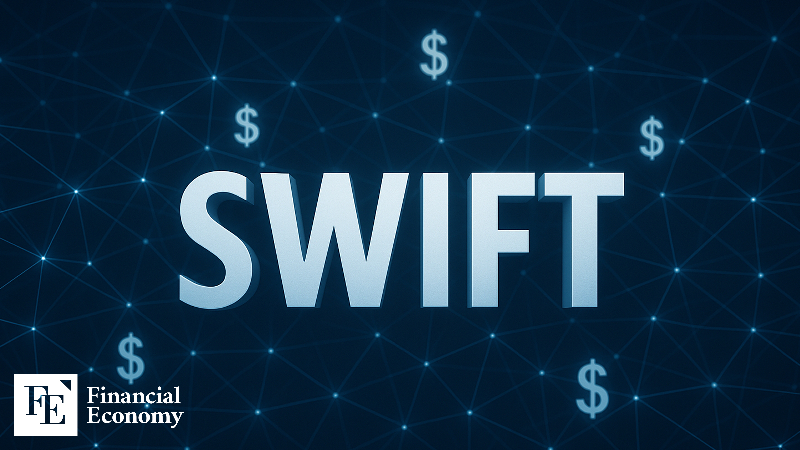
Ripple (XRP), leveraging the conclusion of its lawsuit with the U.S. Securities and Exchange Commission (SEC), is accelerating its push to enter the mainstream of global payment networks. Yet, unresolved questions over its classification as a security are intensifying friction with incumbent financial infrastructure such as the Society for Worldwide Interbank Financial Telecommunication (SWIFT). While the court did not deem XRP itself a security, it ruled that institutional sales constituted unregistered securities offerings, leaving a lingering spark of regulatory uncertainty. Against this backdrop, the spot exchange-traded fund (ETF) review slated for October represents both a gateway for institutional capital inflows and a potential risk to Ripple’s longstanding non-security argument. Industry observers contend that the outcome of this review will determine whether Ripple ascends as a core infrastructure player or is relegated to the margins.
SWIFT Targets Ripple: “Surviving Litigation Doesn’t Prove Resilience”
According to crypto outlet CoinGape on the 4th (local time), SWIFT’s Chief Innovation Officer Tom Zschach recently criticized Ripple in a social media post, remarking, “Surviving litigation does not equate to resilience.” He argued that mere legal survivability does not fulfill the prerequisites of a core financial infrastructure, stressing that what banks demand above all is a “rules-based, secure system.” Zschach further noted, “Institutions do not want to operate atop a competitor’s network,” directly pointing at Ripple’s structure. He added, “No bank will entrust payments to XRP, which is neither a deposit nor a regulated currency and does not appear on balance sheets.”
Zschach was particularly skeptical about Ripple’s claim of decentralization through the XRP Ledger. He argued, “Even if XRP is acknowledged as an open blockchain, lingering distrust over potential network control remains a risk factor for banks.” Highlighting market concerns about Ripple’s outsized influence over the network, he asserted, “True compliance is not about aligning with regulators alone but about sharing standards agreed upon across the industry.”
He also underscored that public blockchains are not inherently the solution. Without enforceability, privacy, and compliance, a public chain is merely a powerful engine without a cockpit, he warned. For these reasons, SWIFT has maintained its position of selectively adopting blockchain technology rather than embracing crypto companies wholesale. While elements such as transaction speed, transparency, and process automation may be integrated, SWIFT insists there is no rationale for adopting entire crypto entities.
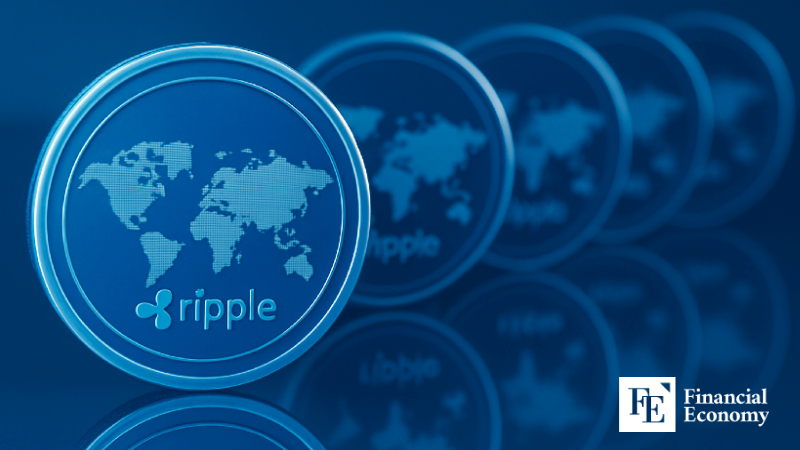
U.S. Appeals Court Affirms Institutional Sales as ‘Unregistered Securities Offerings’
Zschach’s remarks coincided with Ripple’s emphasis on market trust restoration following the end of its prolonged legal battle with the SEC. On August 8, Ripple and the SEC jointly announced the voluntary withdrawal of the pending appeal before the U.S. Court of Appeals for the Second Circuit, thereby finalizing the initial ruling delivered by Judge Analisa Torres in July 2023. Judge Torres had ruled that the XRP token itself is not a security, providing market relief, but also determined that Ripple’s institutional sales of XRP amounted to “unregistered securities offerings,” imposing a $125 million fine.
Political shifts played a decisive role in closing the case. Gary Gensler, the former SEC Chair known as a hardline “regulatory enforcer,” stepped down, and Paul Atkins, newly appointed under the Trump administration, pivoted to a negotiation-first stance. Reflecting this change, the new SEC has dropped more than a dozen investigations and lawsuits against crypto firms in recent months, prioritizing “settlements” over litigation.
Markets responded swiftly to the reduction in regulatory uncertainty. Ripple’s cross-border payment service, On-Demand Liquidity (ODL), surged in transaction volume, surpassing $1.3 trillion, driving a sharp increase in XRP’s market capitalization. Since the 2023 court ruling, XRP’s market cap has climbed by more than $180 billion, prompting a reassessment of its valuation in the broader market.
XRP Spot ETF Review: A Trigger for SWIFT’s Counterattack
Still, the conclusion of the case does not constitute an unequivocal victory for Ripple. The company remains liable for hefty fines and bears the precedent that “institutional sales” are subject to securities regulation. Ripple also faces other pending legal disputes. The most critical variable lies in the approval of a spot XRP ETF. Beginning mid-October, the SEC is expected to issue consecutive decisions on applications from major asset managers. Approval of even one ETF could unleash substantial capital inflows, and multiple approvals could fuel stronger momentum.
The challenge, however, lies in the inherent nature of ETFs as securities. Spot ETFs must satisfy investor protection and anti-manipulation requirements to be listed, meaning institutional funds can only enter through the “securities framework.” Ripple has long insisted XRP is a utility token for payments, not a security, to facilitate integration into traditional finance. Yet, attracting institutional inflows necessitates ETFs—by definition, securities—inevitably sparking resistance from banks. Approval of a spot XRP ETF would open institutional participation but simultaneously underscore the paradox of “ETFs are securities, yet spot XRP is not.”
This contradiction poses a potential clash with Ripple’s non-security stance, offering SWIFT and the banking sector a lever for counterattack. Should institutional funds flow through ETFs, Ripple may rapidly ascend as a global payments network, but it could also be interpreted as tacit acknowledgment of its securities-like characteristics. Experts argue that the forthcoming ETF rulings will be a watershed moment in defining Ripple’s legal and regulatory identity. Depending on the outcome and interpretation, Ripple could either cement its foothold in mainstream finance or be pushed back to the periphery.



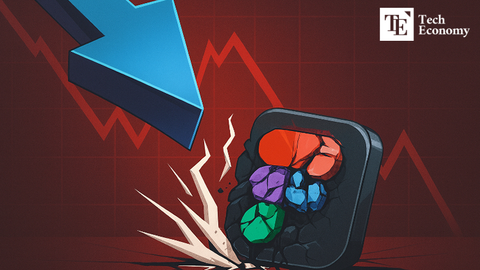
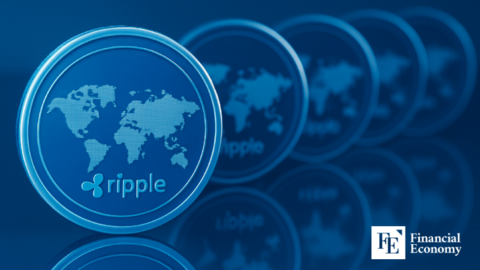


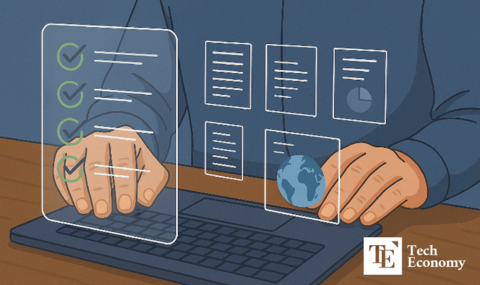














Comment